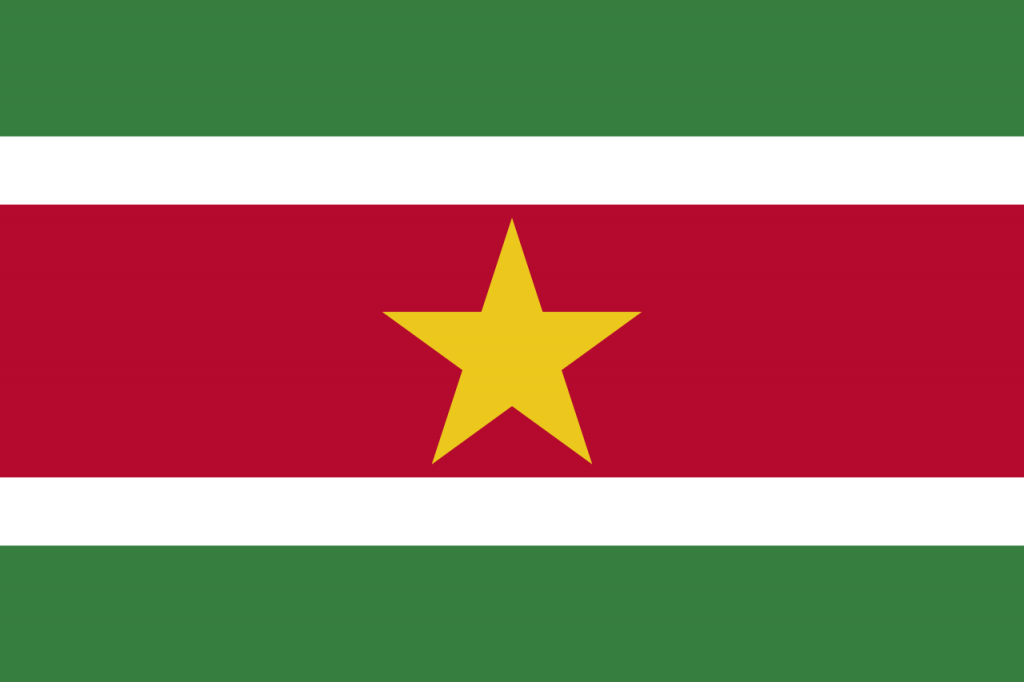Surinam

- Suriname, formerly known as Dutch Guiana, is not an island but a sovereign state located on the northeastern Atlantic coast of South America. Here are some key facts about Suriname:
- Location: Suriname is situated in the northeastern part of South America, bordered by the Atlantic Ocean to the north, French Guiana to the east, Brazil to the south, and Guyana to the west.
- Size and Population: Suriname covers an area of approximately 163,820 square kilometers (63,251 square miles) and has a population of around 600,000 people (as of the latest available data).
- Capital: Paramaribo is the capital and largest city of Suriname. It is located on the northern coast of the country and serves as the economic, cultural, and political center.
- Geography: Suriname is characterized by dense tropical rainforests, savannas, and rivers. The country is part of the Guiana Shield, a large geological formation in northeastern South America.
- History: Suriname was inhabited by indigenous peoples such as the Arawak and Carib before being colonized by the Europeans. It was colonized by the Dutch in the 17th century and remained a Dutch colony until gaining independence in 1975.
- Government: Suriname is a parliamentary democracy with a president as the head of state and a prime minister as the head of government. The country operates under a system of representative democracy.
- Economy: Suriname’s economy is based on mining, agriculture, and forestry. The country is rich in natural resources, including bauxite, gold, and oil. Agriculture products include rice, bananas, and shrimp.
- Culture: Surinamese culture is diverse and influenced by indigenous, African, Indian, Javanese, Chinese, Dutch, and other European cultures. Music, dance, and cuisine reflect this diversity, with popular genres such as kaseko and Surinamese-Javanese music.
- Language: Dutch is the official language of Suriname, while Sranan Tongo (Surinamese Creole), Hindustani, Javanese, and several indigenous languages are also spoken.
- Natural Beauty: Suriname is known for its rich biodiversity and pristine natural landscapes. The country has several national parks and nature reserves, including the Central Suriname Nature Reserve, a UNESCO World Heritage Site.
- These facts provide an overview of Suriname’s geography, history, government, economy, culture, and natural attractions.
